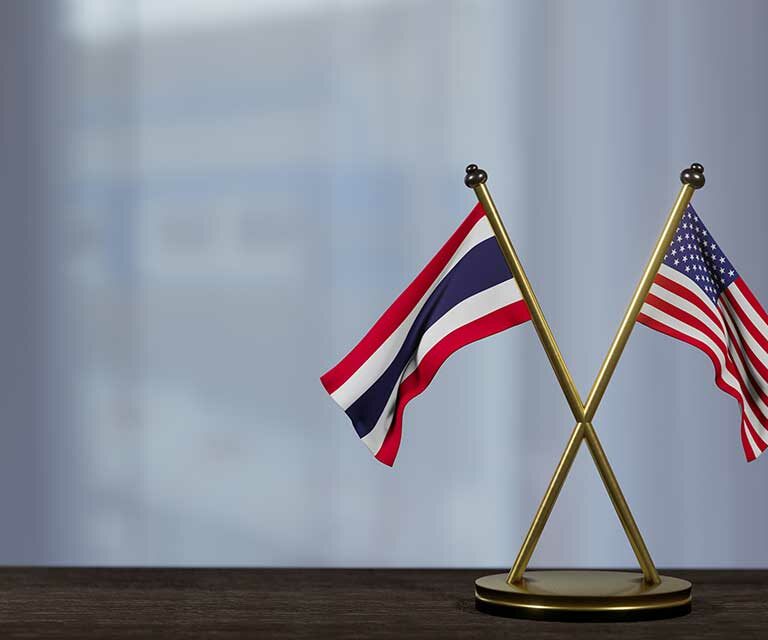US-Thailand Treaty of Amity. The Treaty of Amity and Economic Relations, or simply the Amity Treaty, has been a cornerstone of economic ties between the United States and Thailand for over half a century. Signed in 1966, the treaty grants specific benefits to American businesses operating in Thailand.
Special Rights for US Businesses
The key advantage of the Amity Treaty lies in its provisions for investment. Unlike most foreign entities in Thailand, American companies registered under the treaty can:
- Hold majority ownership: They can own a majority share (over 50%) of a Thai company, while Thai law generally restricts foreign ownership in many sectors.
- Greater operational freedom: Businesses under the treaty are exempt from some limitations imposed by the Thai Foreign Business Act.
These benefits have historically made Thailand an attractive destination for American firms looking to expand in Southeast Asia.
The Amity Treaty in a Changing Landscape
The landscape of international trade has evolved considerably since the treaty’s inception. Thailand has introduced measures to liberalize its economy and attract foreign investment more broadly. Additionally, the treaty itself does have limitations. Certain sectors like communications and banking remain restricted for US investment under the treaty.
The Treaty’s Future
In 2003, Thailand opted not to renew the Amity Treaty when it expired. However, the two countries continue to operate under its provisions. Negotiations for a potential replacement treaty have been ongoing, but no concrete agreement has been reached.
Looking Forward
The US-Thailand Amity Treaty remains a significant factor in US-Thailand economic relations. While its future remains uncertain, it has undoubtedly played a historical role in promoting American investment in Thailand. As the economic landscape continues to shift, both countries will need to determine how best to navigate their trade relationship moving forward.

